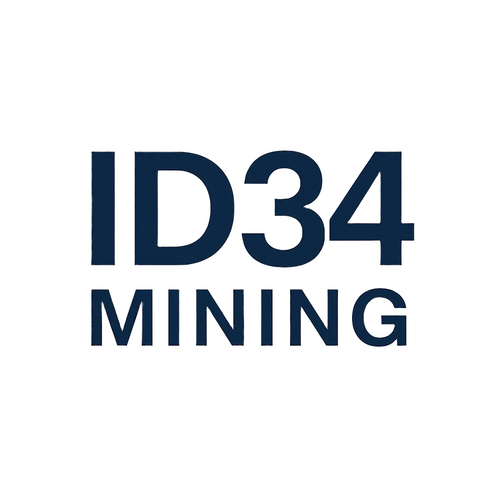**Understanding Bitcoin Mining:**
1. **What is Bitcoin Mining**: Bitcoin mining is the process by which new Bitcoins are created through solving complex computational problems, validating transactions, and adding them to the blockchain. (Source: Nakamoto, S. (2008). Bitcoin: A Peer-to-Peer Electronic Cash System.)
2. **Blockchain and Mining**: Mining plays a pivotal role in securing transactions on the blockchain by validating and recording them in chronological order, ensuring transparency and immutability.
3. **Mining Rewards**: Miners receive incentives in the form of newly minted Bitcoins and transaction fees for successfully solving mathematical puzzles and confirming transactions. (Source: Antonopoulos, A. M. (2017). Mastering Bitcoin: Unlocking Digital Cryptocurrencies.)
**The Role of Miners:**
4. **Mining Nodes**: Mining nodes are computers within the Bitcoin network that participate in solving complex mathematical problems to validate transactions and maintain the integrity of the blockchain.
5. **Hashing Power**: Hashing power refers to the collective computational capability of the entire Bitcoin network, crucial for solving mathematical puzzles and maintaining network security.
6. **Mining Pools**: Mining pools are groups of miners who collaborate to combine their computational resources, increasing the chances of solving blocks and sharing rewards based on their contribution.
**Sustainable Mining Options:**
7. **Energy Consumption Concerns**: This addresses the environmental impact associated with traditional mining operations that consume substantial energy, leading to concerns about carbon footprint and sustainability.
8. **Renewable Energy Integration**: Utilizing renewable energy sources, such as solar or wind power, to offset the energy consumption of mining operations, reducing their environmental impact.
9. **Mobile Mining and Cloud Mining**: These are alternative approaches that seek to reduce energy consumption by leveraging mobile devices or cloud services for mining, providing a more energy-efficient option.
**Mining Hardware and Equipment:**
10. **ASIC Miners**: Application-Specific Integrated Circuit (ASIC) miners are specialized hardware designed exclusively for Bitcoin mining, offering high efficiency and performance compared to general-purpose computers.
11. **Mining Rigs**: Mining rigs are custom-built computer systems optimized for mining, comprising multiple GPUs or ASICs to maximize computational power.
12. **Mining Software**: Mining software facilitates the connection between mining hardware and mining pools, allowing miners to contribute their computational power to the network.
**Regulatory and Legal Considerations:**
13. **Legal Landscape**: The legal landscape refers to the regulatory framework surrounding Bitcoin mining, emphasizing the importance of adhering to local laws and obtaining necessary licenses.
14. **Tax Implications**: Tax implications encompass the obligations related to reporting and paying taxes on mining income and operations, varying by jurisdiction.
**Resources and Further Exploration:**
15. **Online Mining Calculators**: Online mining calculators are tools that estimate potential mining profitability based on factors like hardware specifications, electricity costs, and current Bitcoin value.
16. **Bitcoin Mining Communities**: These are online forums and communities where miners share experiences, insights, and knowledge about mining practices and trends.
17. **Recommended Reading**: Suggested books and online resources that delve deeper into the complexities of Bitcoin mining, offering a more comprehensive understanding. Click here to read 589 Consulting's Crypto Handbook.
Congratulations on enhancing your knowledge about the captivating domain of Bitcoin mining! By comprehending these definitions and explanations, you've taken a significant stride toward becoming well-versed in the intricacies of cryptocurrency. Should you need specific advice regarding tax or legal aspects in your region, remember to seek guidance from financial experts or tax professionals.

